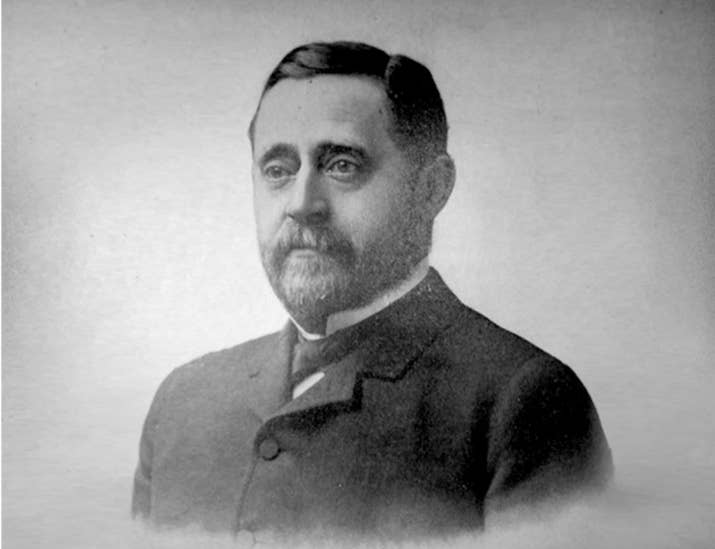Anoint, v.: To grease a king or other great functionary, already sufficiently slippery.
Be it known that I, ROBERT A. CHESEBROUGH, of the city, county, and State of New York, have invented a new and useful Product from Petroleum, which I have named "Vaseline;" and I do hereby declare that the following is a full, clear, and exact description thereof, which will enable those skilled in the art to make and use the same.
Handiest thing in the house.
~ early Vaseline advertising slogan
June 4 is the anniversary of the 1872 issue of U.S. patent # 127,568 for the process of making petroleum jelly - trademarked Vaseline* - to English-born inventor
Robert A. Chesebrough (
wiki). Born in London, Chesebrough was a chemist who originally worked on refining kerosene from whale oil.
When the growing acceptance of petroleum drove whale oil off the market, he traveled to Pennsylvania to see what new products might be made from this new resource and found that a waste substance known as "rod wax" had to be removed regularly from pumps and drill rods. The oil workers had found, however, that this annoying by-product was useful for healing cuts and burns, which led Chesebrough to develop his process for producing the substance industrially and marketing it as a medicinal product. Excited about the many uses of his new product, Chesebrough demonstrated it by burning himself with fire and pouring acid on his skin. He would then cover himself in Vaseline to promote the healing properties of his petroleum jelly.
Chesebrough lived to be 96 years old and was such a believer in Vaseline that he claimed to have eaten a spoonful of it daily. It made him a wealthy man, and in 1883 he was knighted by Queen Victoria, who claimed that she "used Vaseline every day."
* N.B. The name is believed to come from the German Wasser (water) and the Greek elaion (oil).
/https://public-media.smithsonianmag.com/filer/35/11/35111388-e5f9-4297-805d-75a95310492b/01-buzzed-national-treasure-jeopardy.jpg)



